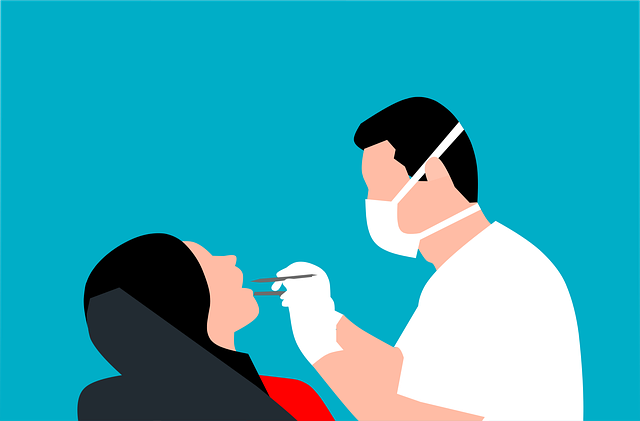Wrongful death survivors face challenges navigating insurance claims post-loss. Specialized policies like umbrella liability and wrongful death insurance offer crucial support for funeral costs, legal fees, and lost economic support. Understanding legal rights and insurance roles is vital; gathering evidence and promptly notifying insurers are initial steps. Insurance acts as a safety net, easing economic and emotional burdens on survivors and encouraging accountability for personal injury claims.
In the event of a tragic loss, insurance plays a pivotal role in compensating wrongfully deceased individuals’ loved ones. This article delves into the crucial aspects of how insurance provides financial support for survivors. We explore specific coverage for wrongful death survivors, offering a comprehensive guide to navigating complex claims processes. Additionally, we analyze the significant impact and benefits of insured liability in ensuring that survivors receive fair compensation for their immeasurable loss.
- Understanding Insurance Coverage for Wrongful Death Survivors
- Navigating Claims Process: A Guide for Survivor Compensation
- The Impact and Benefits of Insured Liability in Survivor Cases
Understanding Insurance Coverage for Wrongful Death Survivors

When a loved one passes away due to someone else’s negligence or intentional actions, wrongful death survivors face an incredibly difficult journey. Understanding insurance coverage in such cases is crucial for ensuring financial security during this challenging time. Many standard insurance policies, including life insurance, do not automatically cover situations of wrongful death. However, specific types of insurance designed for survivor compensation can step in to provide much-needed support.
In the context of real estate litigation and medical malpractice compensation claims, which are common triggers for wrongful death actions, insurance plays a pivotal role. Certain policies, such as umbrella liability insurance or underwritten wrongful death insurance, offer additional protection beyond standard coverage. These policies recognize that wrongful death survivors may incur significant expenses like funeral costs, legal fees, and loss of economic support. By providing specialized coverage, they ensure that victims’ families can access the resources needed to navigate these tragic circumstances with some degree of financial peace of mind.
Navigating Claims Process: A Guide for Survivor Compensation

Navigating the claims process after a tragic loss can be an overwhelming experience for wrongful death survivors. The first steps involve understanding their legal rights and the available options for compensation. In cases of auto accident injuries or other traumatic events, insurance plays a pivotal role in ensuring that survivors receive the financial support they need during this difficult time.
The claims process begins with gathering essential information related to the incident, including medical records, police reports, and witness statements. Wrongful death survivors should promptly notify their insurance providers about the incident. Commercial disputes may arise when insurance companies hesitate to pay out injury settlements, emphasizing the importance of seeking legal counsel to advocate for their rights and ensure a fair process.
The Impact and Benefits of Insured Liability in Survivor Cases

In cases of wrongful death involving survivors, insured liability plays a pivotal role in ensuring that the affected parties receive adequate compensation. When a loss occurs due to someone else’s negligence or intentional actions, insurance provides a financial safety net for both survivors and the responsible party. This is particularly crucial in wrongful death survivors’ claims, where the absence of a deceased individual can lead to significant economic and emotional hardships. Insurance coverage helps cover various expenses such as medical bills, funeral costs, lost income, and pain and suffering, easing the burden on survivors during an already difficult time.
Moreover, the presence of insurance encourages accountability for personal injury claims, including instances of medical malpractice or elder abuse. Knowing that there is financial backing for potential lawsuits incentivizes individuals and institutions to adhere to ethical standards and legal obligations. This, in turn, can lead to improved patient care, enhanced safety measures, and a greater sense of security for vulnerable populations, such as the elderly.
Insurance plays a pivotal role in ensuring that wrongfully deceased individuals’ loved ones receive adequate compensation. By understanding specific coverage for survivor claims, navigating the claims process with guidance, and recognizing the impact of insured liability, wrongful death survivors can access the benefits they deserve. This article has provided an overview to help families make informed decisions during a difficult time.






